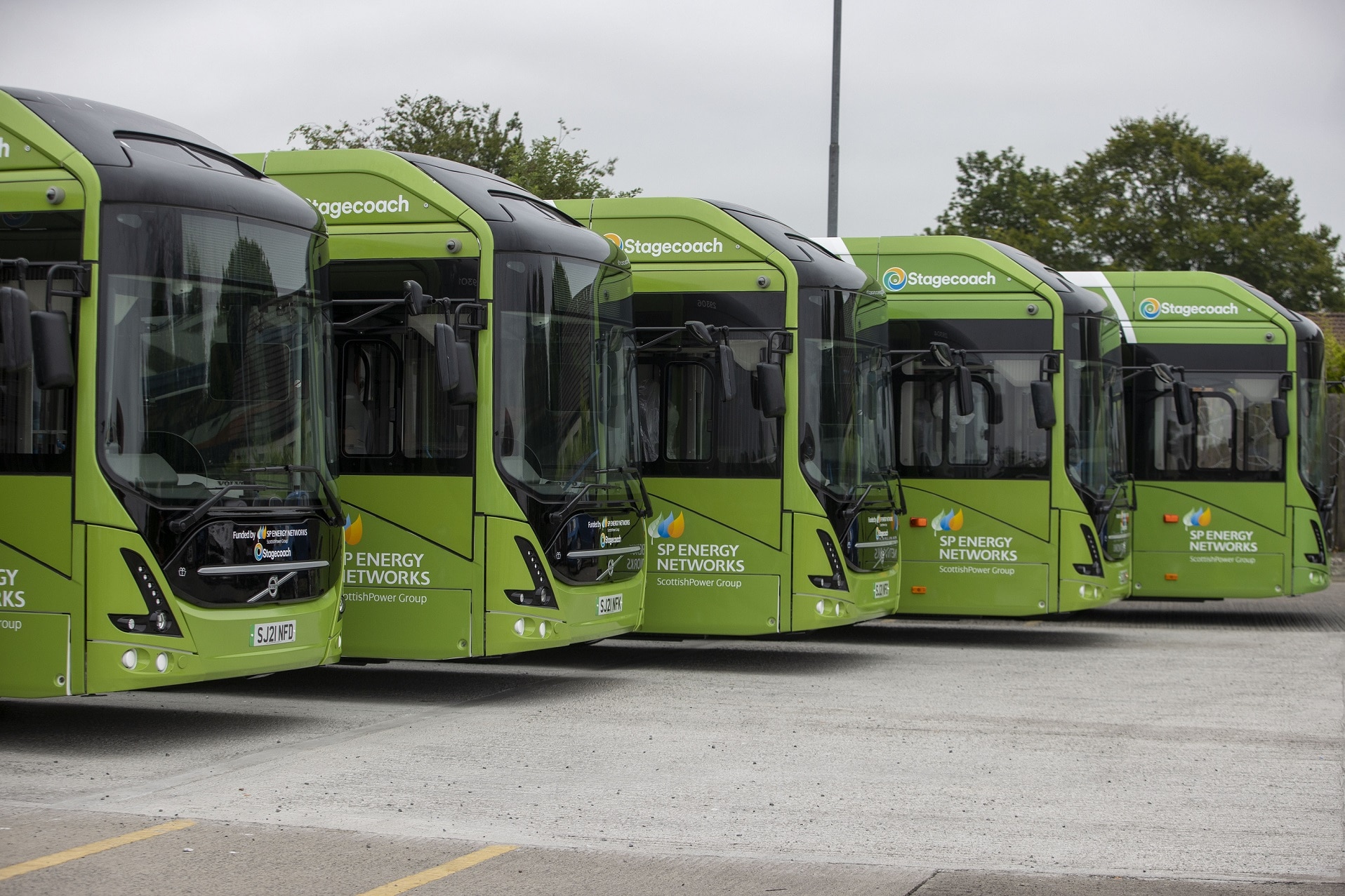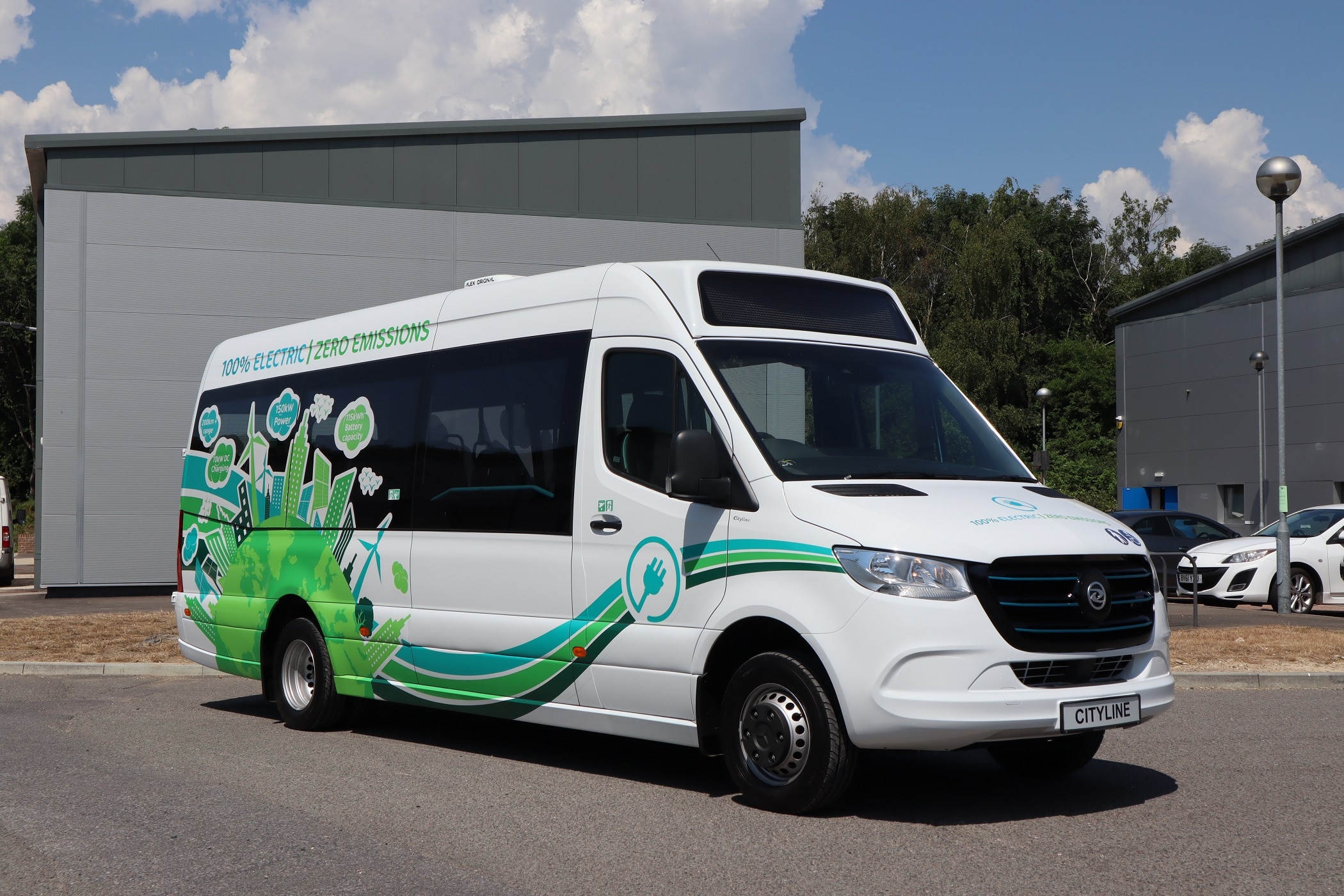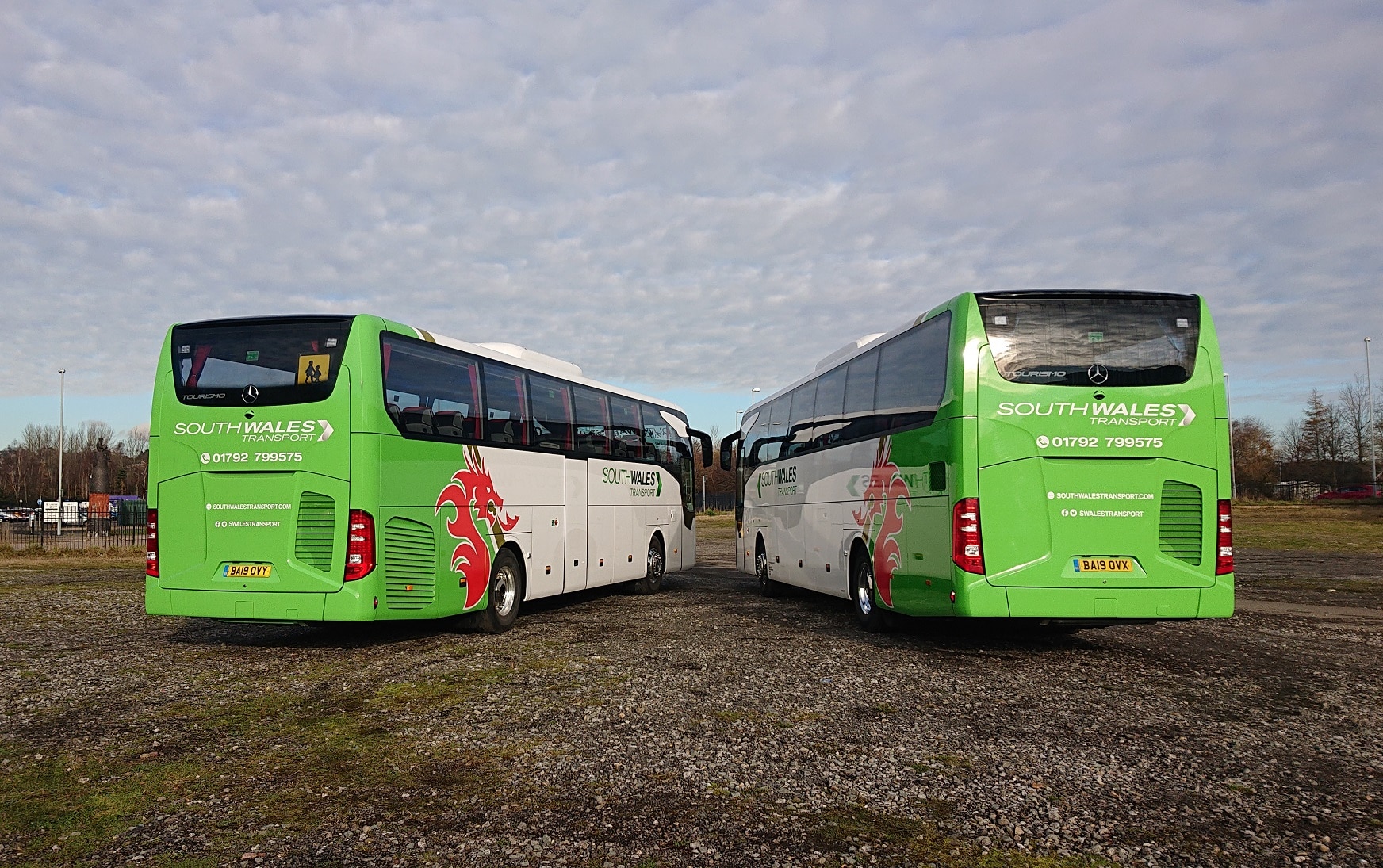The funding push towards zero-emission for the bus industry is coming thick and fast. It is clear following the publication of the Transport Decarbonisation Plan that the government sees a fully zero-emission future for local bus services.
That is further evidenced by an impending consultation on the end of sales of new non-zero-emission buses. Scotland has also set out an ambitious target for the majority of new buses in 2023 to be fully zero-emission.
ZEBRA work ongoing as more second phase names revealed
To support this push to zero, the Department for Transport (DfT) has announced the shortlist for the Zero Emission Bus Regional Areas (ZEBRA) standard-track. It is currently assessing business cases from the earlier fast-track round.
ZEBRA fast-track winners – to which up to £70m is available – will be announced in early autumn, hopefully September. Standard-track applicants have until early 2022 to submit full business cases. Any funding not allocated in the fast-track round will be carried over to the standard-track.
ScotZEB breakthrough for zero-emission small bus industry
Scotland has also announced its £50m Scottish Zero Emission Bus Challenge Fund (ScotZEB), with guidance now published. Applicants have until the start of November to bid for up to £180,000 for a full-size battery-electric bus and up to £230,000 for a full-size hydrogen fuel cell-electric bus.
ScotZEB is also the first national government funding scheme to offer support to smaller zero-emission minibuses. Applicants can bid for up to £80,000 towards a zero-emission minibus with less than 31 passengers, while zero-emission midibuses are eligible for up to £140,000. These changes to support compared to previous schemes are designed to encourage smaller operators to begin their zero-emission journey.
Transport Scotland has also designed ScotZEB to provide more up-front capital for purchasing zero-emission buses rather than providing ongoing support via BSOG enhancements. From now on, zero-emission buses will not receive additional funding on top of the basic BSOG of 14.4p per km paid for all in-scope bus operations in Scotland.
BSOG contrast between Scotland and England
This contrasts with the announcement that DfT will provide 22p per km for zero-emission buses in England through BSOG from April 2022. DfT will also consult on wider reforms to BSOG, which could include a move away from a pence per litre mechanism to pence per km. At this stage, all existing BSOG rates, including the 6p per km incentive for low- and ultra-low-emission buses, remain the same.
All ZEB models, including minibuses, seeking ScotZEB or ZEBRA funding, or BSOG incentives, will need to be certified under Zemo Partnership’s Zero Emission Bus accreditation scheme.
Zemo Partnership is also working closely with the Confederation of Passenger Transport to assess potential decarbonisation solutions for coaches as part of the Backing Britain’s Coaches strategy, including the role of low carbon biofuels and zero-emission powertrains.
The long-term aim for Zemo is for government to back an Ultra-Low- or Zero-Emission Coach scheme to drive uptake and to support infrastructure deployment to enable the coach market to develop.



























